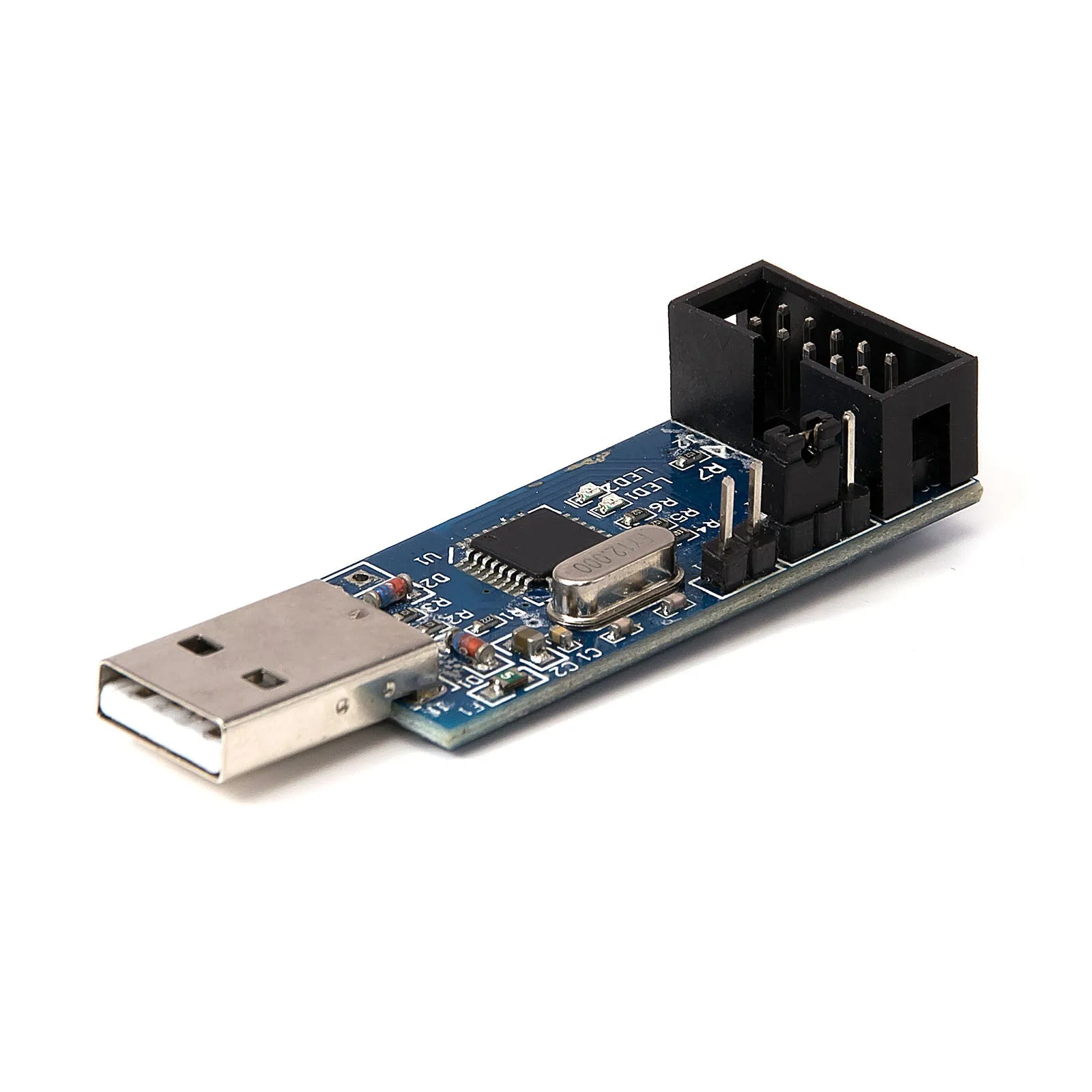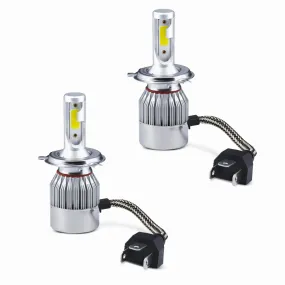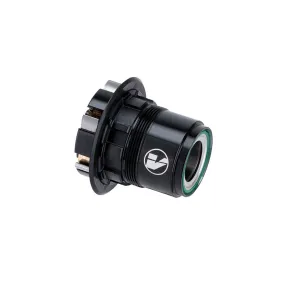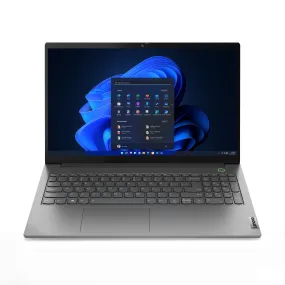A USB programmer is a device used to program or configure microcontrollers, memory chips, and other programmable integrated circuits (ICs) via a USB connection. It allows users to write, erase, and read data from these devices, enabling firmware updates, software debugging, and device customization in various electronic projects and applications.
Key Characteristics and Features:
USB Connectivity: USB programmers connect to a computer or host device via a USB port, providing a convenient and standardized interface for data transfer and communication. USB connectivity offers high-speed data transmission and compatibility with a wide range of computer systems and operating systems.
Programming Interface: USB programmers support various programming interfaces and protocols, depending on the type of ICs they are designed to program. Common programming interfaces include JTAG (Joint Test Action Group), SPI (Serial Peripheral Interface), I2C (Inter-Integrated Circuit), UART (Universal Asynchronous Receiver-Transmitter), and SWD (Serial Wire Debug), among others.
Device Compatibility: USB programmers are compatible with a wide range of programmable devices, including microcontrollers (MCUs), programmable logic devices (PLDs), memory chips (EEPROM, Flash, SRAM), and other ICs. They support devices from different manufacturers and families, offering flexibility and versatility in programming capabilities.
Software Support: USB programmers typically require dedicated programming software or Integrated Development Environments (IDEs) to facilitate device programming and configuration. The software provides a user-friendly interface for selecting device parameters, loading firmware files, and executing programming operations.
Versatile Applications: USB programmers are used in various applications across industries such as electronics manufacturing, embedded systems development, telecommunications, automotive, aerospace, and consumer electronics. They are essential tools for firmware development, product testing, production programming, and device debugging.
n-Circuit Programming: Many USB programmers support in-circuit programming, allowing users to program devices while they are soldered onto the target circuit board. This feature eliminates the need for removing and reinserting devices, streamlining the programming process and minimizing the risk of damage to the devices and circuitry.
Compact and Portable Design: USB programmers are often compact and portable, making them ideal for use in field applications, prototyping labs, and production environments. Their lightweight and portable design allow users to easily transport them between workstations or project sites, facilitating efficient programming and testing operations.
Overall, a USB programmer is an indispensable tool for electronics engineers, hobbyists, and manufacturers involved in developing, testing, and deploying embedded systems and programmable devices. With its USB connectivity, versatile programming capabilities, and compact design, it provides a reliable and efficient solution for programming a wide range of ICs in various electronic projects and applications.















